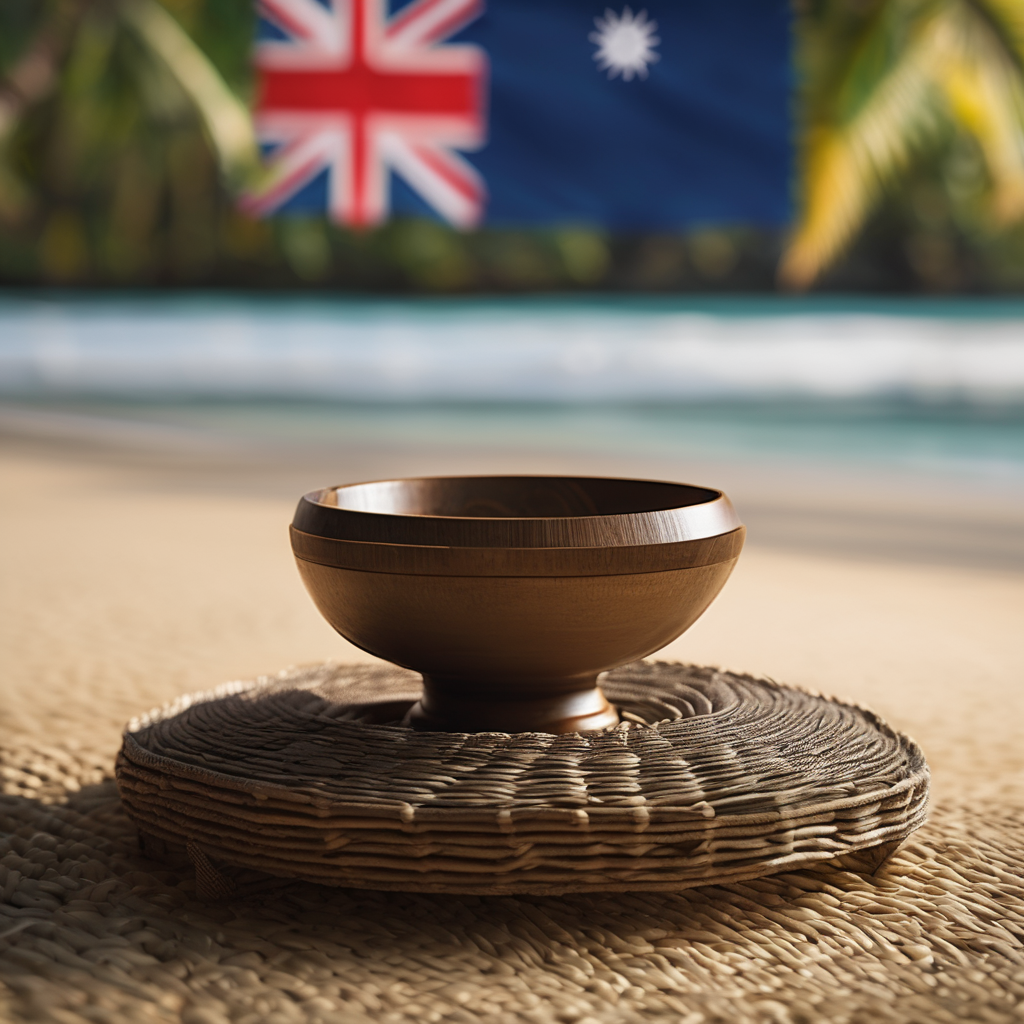The debate surrounding the role of the tou’a in Tongan society has ignited passionate discussions on social media. This conversation gained momentum after ‘Akanesi Kaufusi, a podcaster and entrepreneur, shared a clip from her Pacific Empowerment Podcast. In it, she controversially described the role of the tou’a as a “watered-down version of prostitution,” sparking backlash and support alike among Tongan netizens.
Kaufusi advocates for banning the tou’a role, arguing that it involves women being paid for service in a manner that often results in sexualization, predominantly by married men. This, she suggests, devalues women as mere objects for entertainment, a viewpoint that clashes with the respect the tou’a traditionally commanded.
Historically, the tou’a is an unmarried young woman whose duty is to serve kava to men, highlighting the intricate customs of faka’apa’apa—a respect relationship wherein related men must leave kava sessions if a female relative is serving. Despite these protocols, many women, like Malia Tu’ineau from USP Laucala, share experiences of feeling objectified and disrespected while fulfilling this role—echoing Kaufusi’s sentiment that modern interpretations of the tou’a diverge sharply from their originally intended purposes.
While Kaufusi has ignited much controversy, including allegations of personal attacks against her, her criticisms have also prompted numerous women to share their adverse experiences, raising awareness about the less honorable aspects of this tradition. In response, Alo Veikuna, a kava enthusiast, argues against banning the tou’a, suggesting instead that awareness surrounding the treatment and respectful engagement with the tou’a should be prioritized.
The tou’a’s status in contemporary Tonga mirrors broader regional discussions about preserving cultural integrity while addressing modern societal issues. Similar to debates within Fijian communities about maintaining authenticity in cultural practices, this scenario reflects ongoing tensions between upholding traditions and addressing behaviors that challenge cultural respect and dignity.
The discussions spurred by Kaufusi’s podcast are indicative of a larger cultural conversation across the Pacific on how to retain the sanctity of traditional roles while preventing them from becoming conduits of disrespect and exploitation. As these conversations continue to unfold, they promise to bring critical reflections on gender roles, respect, and evolving cultural identities within the region.
